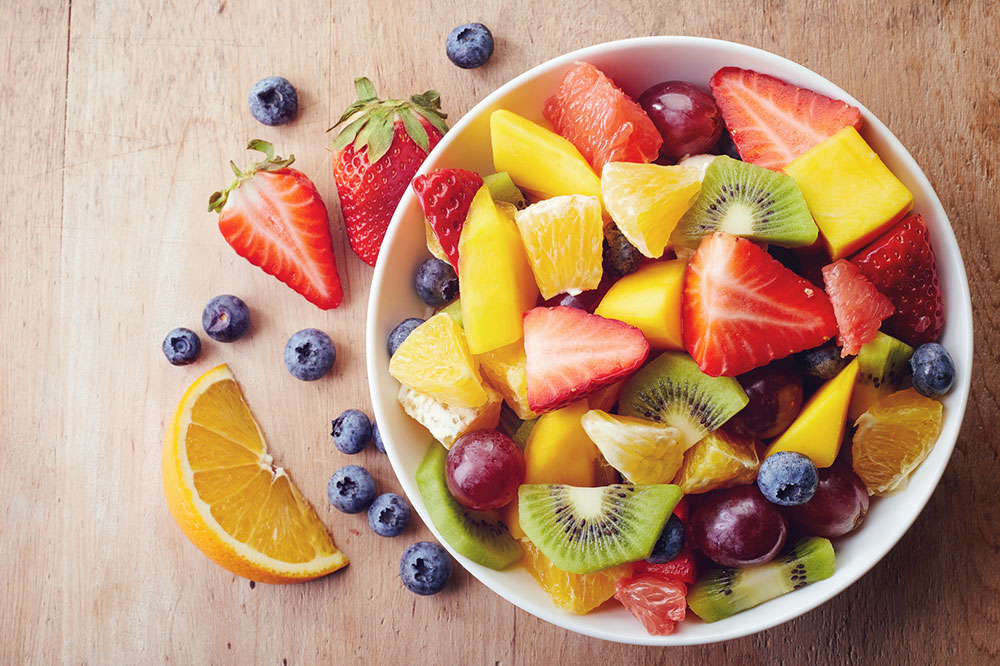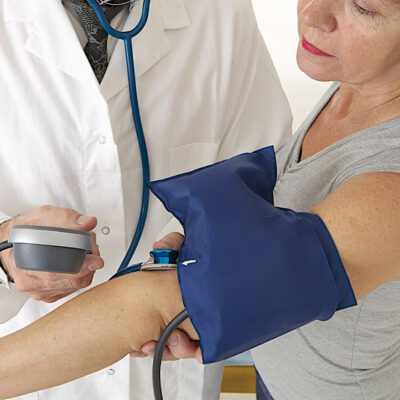
11 Important Food Tips for COPD Patients
Did you know that what we eat can affect our breathing? It is a fact that the right proportion of nutrients can make breathing easier for us. However, there is no one magic diet or food that will provide our bodies with all the essential nutrients it needs. The trick is to know the dietary tips for COPD so that even if you have been diagnosed with this lung condition, you can continue to lead a healthy life and avoid hospitalizations.
1. Add more fats
Carbohydrate metabolism releases more carbon dioxide than that released by the metabolism of fats. So, for people who have been diagnosed with COPD, it is better to stick to a diet that comprises fewer carbs and more fats so that they are able to breathe easily. Instead, they should choose to include only complex carbs like whole-grain pasta or bread and fresh vegetables and fruit to lose weight.
2. More proteins
Eating a lot of proteins at least two times a day can guarantee strong respiratory muscles. The best dietary choices would be fish, poultry, milk, eggs, peas, and dried beans. If you wish to lose weight, you should stick to low-fat dairy foods and lean meats. But if you need to put on weight, you can choose to eat whole milk cheese, yogurts, and whole milk.
3. Healthy fats
Including healthy fats in your diet should be considered as one of the key dietary tips for COPD patients. It is advisable to include only the polyunsaturated and monounsaturated fats that do not have cholesterol. These stay in a liquid state at room temperature and can be derived from plants like corn oil, canola oil, and safflower oil.
4. Avoid trans fats
COPD patients must avoid foods containing saturated fats and trans fats like butter, hydrogenated vegetable oils, lard, fried foods, pastries, crackers, and cookies.
5. Vitamins and minerals
Many COPD patients have to take steroids that increase the need for calcium. In such a situation, they may need to take calcium supplements. But, before taking any supplement, you should consult your doctor first.
6. Herbs and spices
Excess sodium in the diet causes swelling or edema that increases blood pressure. So, in case you already have high blood pressure, you need to find out how much salt is right for you and, if needed, switch to alternatives like spices or herbs for seasoning your food.
7. Potassium-rich foods
Potassium is said to be necessary for optimal lung functions, and eating more leafy greens, avocados, tomatoes, asparagus, bananas, oranges, beets, etc., can help ease COPD symptoms.
8. Fluids
COPD patients must have lots of water to stay hydrated; this is essential for faster mucus elimination. Even healthy and caffeine-free drinks can be taken along with water to fulfill your fluid goals.
9. Avoid fruits that cause bloating
Certain fruits like peaches, apples, and apricots can trigger gas and bloat in people because of their fermentable carbs. This may cause breathing difficulty for people with COPD. Instead, you can include fruits like grapes, pineapple, or berries that are low FODMAP.
10. Avoid dairy foods
Foods like cheese or milk can thicken the phlegm in some COPD patients and should therefore be avoided.
11. Chocolate
Chocolates have caffeine that can interfere with COPD medications; so, you should ideally ask your doctor about limiting your chocolate intake.


